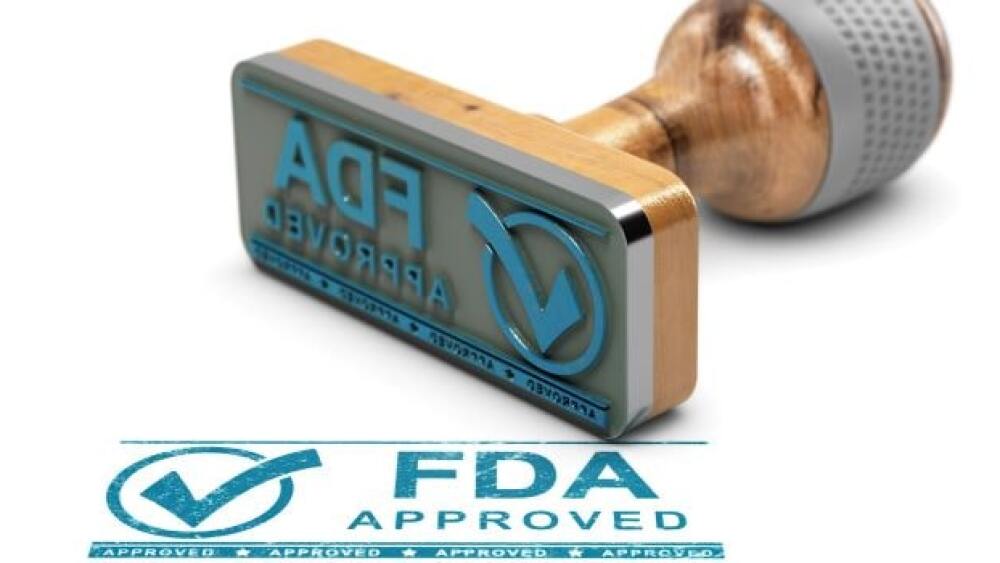The approval was for Arcalyst (rilonacept), a weekly, subcutaneously-injected, recombinant fusion protein that blocks interleukin-1 alpha (IL-1α) and interleukin-1 beta (IL-1β) signaling.
Arcalyst is now FDA approved.
Shares of Kiniksa Pharmaceuticals were climbing this morning after the company announced late Thursday that the U.S. Food and Drug Administration (FDA) approved its treatment for recurrent pericarditis, Arcalyst, the first medication greenlit for this indication.
The approval was for Arcalyst (rilonacept), a weekly, subcutaneously-injected, recombinant fusion protein that blocks interleukin-1 alpha (IL-1α) and interleukin-1 beta (IL-1β) signaling. Specifically, the FDA’s ruling was for the treatment of recurrent pericarditis and reduction in risk of recurrence in adults and children 12 years and older. Commercial launch of the drug, which the company licensed from Regeneron in 2017, is expected in April.
Recurrent pericarditis is a painful autoinflammatory cardiovascular disease that typically presents with chest pain and is often associated with changes in electrical conduction and sometimes buildup of fluid around the heart, called pericardial effusion. Patients who have additional pericarditis episodes following a symptom-free period of 4-6 weeks or longer are identified as having recurrent pericarditis.
The disease impacts quality of life by limiting physical activities, and can lead to frequent emergency department visits and hospitalizations. Approximately 40,000 patients in the U.S. receive treatment for recurrent pericarditis each year.
Sanj K. Patel, chairman and chief executive officer of Kiniksa, said Arcalyst is the first and only FDA-approved therapy for this disease. Patel also said the approval is a transformative event for Kiniksa.
The FDA approved Arcalyst based on data from the Phase III RHAPSODY study in recurrent pericarditis. RHAPSODY met its prespecified primary endpoint of time-to-first adjudicated pericarditis recurrence in the randomized withdrawal period and all major secondary efficacy endpoints with statistical significance.
Data showed that patients treated with Arcalyst demonstrated improved clinically meaningful outcomes associated with the significant unmet medical need in recurrent pericarditis. There were rapid and sustained reductions in both reported pain and inflammation as early as after the first dose. Median time to treatment response was five days, with a 97% treatment response rate.
Patients randomized to Arcalyst experienced a 96% reduction in the risk for a recurrent pericarditis event, with 92% of trial days being pain-free or at most experiencing minimal pain, compared to 40% for placebo.
RHAPSODY data were published in The New England Journal of Medicine simultaneously with a late-breaking scientific presentation at the American Heart Association’s Scientific Sessions 2020.
Arcalyst was first approved in 2008 to treat Cryopyrin-Associated Periodic Syndromes, including Familial Cold Auto-inflammatory Syndrome, and Muckle-Wells Syndrome in patients 12 years and older, and to maintain remission of Deficiency of Interleukin-1 Receptor Antagonist in patients weighing 22 pounds or more.





